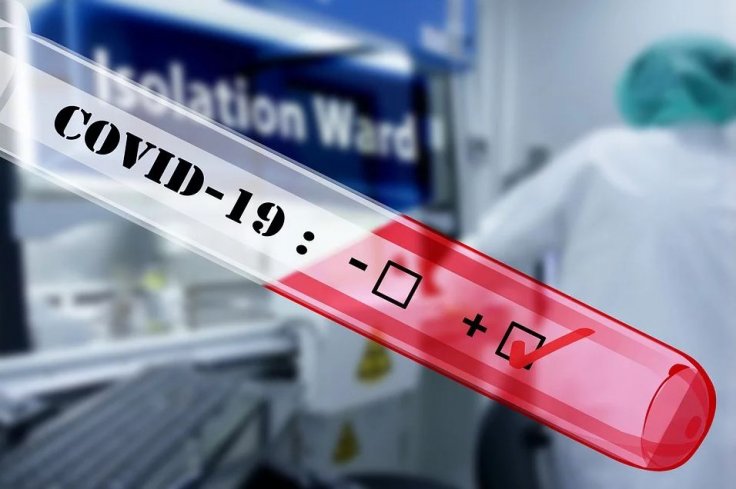Researchers have found that sputum testing is more accurate than swab testing and provided a higher rate of COVID-19 detection. A sputum culture is a test to detect and identify bacteria or fungi that infect the lungs or breathing passages. Sputum samples are generally collected by having a patient cough deeply to produce and expel phlegm.
Nasopharyngeal (NP) swabs, which require inserting a long shaft into the nasal cavity to collect a sample from the back of the nose and throat, are currently the gold standard for collecting a specimen for COVID-19 diagnosis.
Uncertainty Over Best Method of Testing

Other approaches to collect specimens -- including from an oropharyngeal swab and sputum -- have been tested in small studies, but there is uncertainty about which method is best for detecting the virus.
"Our study shows that sputum testing resulted in significantly higher rates of SARS-CoV-2 detection and supports the use of this type of testing as a valuable method for the diagnosis and monitoring of COVID-19 patients," said study researcher Jonathan Li from the Brigham and Women's Hospital in the US.
In the study published in the journal EBioMedicine, the research team conducted a systematic review and meta-analysis, analyzing data from more than 3,000 specimens to compare the three approaches. The team found that sputum testing detected the RNA of the virus that causes COVID-19 at significantly higher rates while oropharyngeal swab testing had lower rates.
Assessing Respiratory Sampling Sites
Regardless of the collection method, the earlier samples were collected after symptoms began, the higher was the detection rate. The research scoured literature -- both preprints and published papers -- for studies that assessed at least two respiratory sampling sites using an NP swab, oropharyngeal swab or sputum.
From more than 1,000 studies, they identified 11 that met their criteria. These studies included results from a total of 3,442 respiratory tract specimens. The team examined how often each collection method produced a positive result. For NP swabs, the rate was 54 percent; for oropharyngeal swabs, 43 percent; and for sputum, 71 percent. The rate of viral detection was significantly higher in sputum than either oropharyngeal swabs or NP swabs. Detection rates were highest within one week of symptom onset for all three tests.
"When it comes to testing, the earlier the better, as diagnostic accuracy is improved earlier after symptom onset, regardless of the sampling site," said Li. "Not all patients are able to produce a sputum sample; for such patients, a nasopharyngeal swab may be the best collection method," the authors noted.









